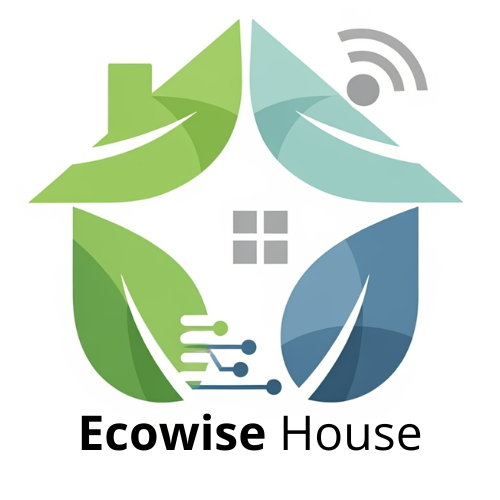From Smart Cities to Smart Homes: How Urban Green Tech is Inspiring Residential Eco-Innovations
Smart cities are pioneering sustainable solutions to combat climate change and improve urban living. These innovations, designed for large-scale impact, are now trickling down into our homes, transforming residential spaces into eco-friendly havens. This article explores how urban green technologies are inspiring residential eco-innovations, fostering a more sustainable lifestyle for individuals and families.
The Smart City Blueprint: A Catalyst for Residential Change
Smart city initiatives are built upon the foundation of data-driven insights and interconnected systems. Technologies like smart grids, optimized waste management, and intelligent transportation networks are designed to minimize environmental impact and maximize resource efficiency. These large-scale implementations serve as a blueprint and testing ground for technologies that can be adapted and scaled down for residential use. For example, smart grids, initially designed to optimize energy distribution across a city, are inspiring home energy management systems that allow homeowners to monitor and control their energy consumption in real-time. Similarly, advanced water management systems used in urban environments are informing the development of water-saving appliances and smart irrigation systems for residential properties. The key is the principle of optimized resource utilization and data-driven decision making, principles readily transferable to the individual home.
Energy Efficiency at Home: Adapting Urban Solutions
One of the most significant areas of cross-pollination between smart cities and smart homes is energy efficiency. Urban initiatives like smart street lighting, powered by renewable energy sources and adaptive lighting controls, have paved the way for similar technologies in residential settings. Solar panels, coupled with battery storage systems, are becoming increasingly common, allowing homeowners to generate and store their own clean energy. Smart thermostats, inspired by city-wide energy management systems, learn homeowner preferences and automatically adjust temperature settings to minimize energy waste. Furthermore, smart appliances, connected to the internet of things (IoT), can optimize their energy consumption based on real-time energy prices and grid conditions. This interconnected ecosystem of energy-efficient technologies empowers homeowners to reduce their carbon footprint and lower their energy bills, mirroring the energy conservation goals of smart cities.
Water Conservation: Lessons from Urban Water Management
Water scarcity is a growing concern, and smart cities are actively addressing this challenge through advanced water management systems. These systems utilize sensors and data analytics to detect leaks, optimize water distribution, and promote water conservation. These urban strategies are now inspiring residential water-saving innovations. Smart irrigation systems, for instance, use weather data and soil moisture sensors to deliver precise amounts of water to lawns and gardens, minimizing water waste. Low-flow toilets, showerheads, and faucets are becoming standard features in new homes, reducing water consumption without compromising performance. Greywater recycling systems, which collect and treat wastewater from showers and sinks for reuse in irrigation or toilet flushing, are also gaining popularity, reflecting the resourcefulness of urban water management practices. By adopting these technologies, homeowners can contribute to water conservation efforts and reduce their water bills, aligning with the sustainable water management principles of smart cities.
Smart Waste Management: From City Streets to Home Bins
Efficient waste management is crucial for both smart cities and sustainable homes. Urban initiatives like smart bins, which monitor fill levels and optimize collection routes, are inspiring new approaches to residential waste management. Smart composters accelerate the decomposition of organic waste, reducing landfill waste and producing nutrient-rich compost for gardens. Recycling programs, often incentivized through smart city initiatives, are encouraging homeowners to actively participate in waste reduction and resource recovery. Furthermore, smart home systems can provide homeowners with real-time data on their waste generation, empowering them to make informed decisions about their consumption habits and reduce waste at the source. By embracing these smart waste management practices, homeowners can contribute to a circular economy and reduce their environmental impact, mirroring the waste reduction goals of smart city programs.
Conclusion
The journey from smart cities to smart homes showcases a powerful trend: the adaptation of urban-scale green technologies for residential use. Energy efficiency, water conservation, and smart waste management are no longer confined to city planning; they are becoming integral parts of sustainable home living. By embracing these eco-innovations, homeowners can actively contribute to a greener future, creating a positive ripple effect from individual homes to entire communities, fostering a more sustainable and resilient world for generations to come.

